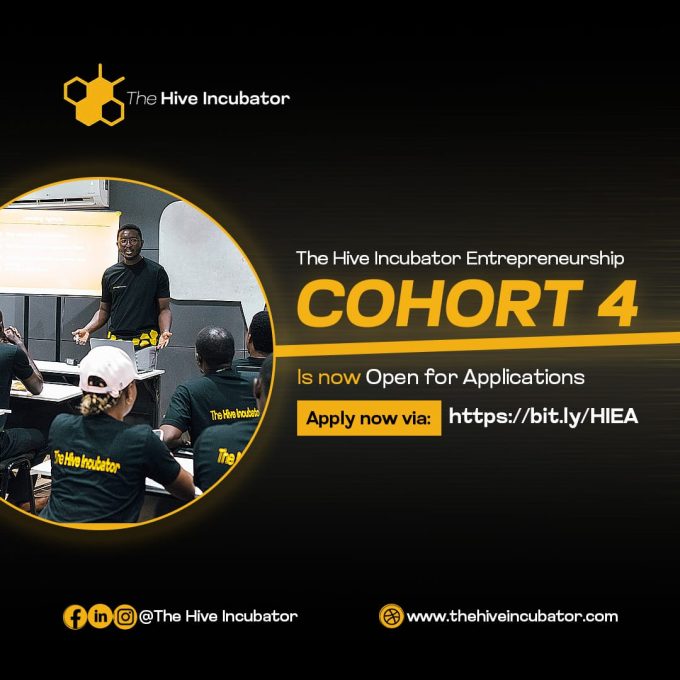The inability to capture real value from emerging technologies is rarely about the technology itself. More often, it stems from a failure to align technology with the business’s core value proposition or from missing the chance to use it to transform how the organization operates. At the heart of this challenge lies leadership and organizational adaptability. Many entrepreneurial ventures stumble not because the tools fall short, but because teams resist evolving their processes and ways of working.
Our experience has shown that succeeding in the age of generative AI requires entrepreneurs to master a new set of skills, ones that differ from those that drove success in the past. In this article, drawing from both our research and hands-on experience, we explore five essential competencies every modern entrepreneur needs, each reflecting a critical role they must now play to lead effectively in the AI era.
Build and Leverage Diverse Networks
Mastering AI goes far beyond reading trend reports or following tech news; it’s about learning through exposure and collaboration. Entrepreneurs who connect across industries, disciplines, and communities gain access to fresh perspectives and unique insights that drive innovation.
Research shows that individuals who operate within diverse networks are more likely to discover new opportunities and creative solutions than those confined to narrow circles. Likewise, the adoption of new technology often accelerates when entrepreneurs see trusted peers using it effectively and gain enough hands-on experience to understand how it applies to their own business context.
In today’s AI-driven world, entrepreneurs who intentionally span organizational and industry boundaries position themselves to learn faster, adapt sooner, and stay ahead of the curve.
Redesign Your Organization
Generative AI delivers real value only when businesses redesign their structures and processes to harness it effectively. Research consistently shows that productivity gains stem not from the technology itself, but from complementary changes to workflows, incentives, and organizational design. Simply layering AI onto legacy systems rarely produces meaningful results.
Entrepreneurs and leaders must make deliberate choices: where to automate, where to augment human judgment, and where to maintain fully human control. They also need to consider how AI enables them to achieve more with fewer resources, without focusing solely on cost-cutting or headcount reduction. The most significant benefits emerge when organizations rethink processes, hyper-personalize offerings, and explore entirely new business models. In other words, leaders must act as architects of transformation.
Organizational redesign also requires cultural evolution. Old processes often reinforce outdated norms that block progress. Without aligning culture with new AI-driven workflows, businesses risk adding complexity on top of inefficiency rather than unlocking real value. Successful implementation demands both structural and cultural change, enabling teams to work smarter, innovate faster, and fully leverage AI’s potential.
Orchestrate Team Collaboration
The actual test of leadership in the AI era lies in how effectively teams integrate AI into decision-making. Generative AI is no longer just a tool for routine tasks; it can support complex analyses, synthesize insights, and provide a richer evidence base that enables faster, more informed discussions among leadership teams.
Using AI as a simple input is one thing; harnessing it as an active participant in collective deliberation is another. Research demonstrates that human-AI collaboration can significantly reduce the time and cost of problem-solving, but achieving optimal results requires skill in the iterative, collaborative use of AI.
Experimental studies further show that AI can play diverse roles within teams: from recommending and analyzing to challenging assumptions as a “devil’s advocate.” Leaders who treat AI as a flexible teammate, rather than a monolithic tool, can improve critical thinking and enhance decision quality.
In this environment, entrepreneurs must orchestrate the interplay of human and AI contributions, carefully designing how AI informs decisions while fostering psychological safety. Teams need the freedom to explore scenarios, learn from failures, and debate openly. In short, today’s leaders must act as orchestrators of collaborative intelligence, guiding both humans and algorithms toward better outcomes.
Coach and Develop Talent
AI adoption succeeds only when leaders empower their teams to work in new ways. Employees need coaching, guidance, and psychological safety to experiment, make mistakes, and gradually build new skills. Research shows that over time, organizations increasingly value collaboration, coaching, and influence over traditional supervision, reflecting a shift toward skill development and team empowerment.
As generative AI handles more routine tasks, leaders must focus on helping employees acquire the skills that complement the technology. This involves transforming the workplace, fostering learning, and modeling the behaviors they want to see, shifting from a mindset of inspection to one of mentorship.
In practice, this means creating an environment where teams can explore, experiment, and learn without fear of failure, while gradually integrating AI into their workflows. Entrepreneurs who embrace this approach act as coaches, guiding talent development and helping their organizations maximize the potential of AI-driven transformation.
Conclusion
The age of generative AI is not just about adopting new tools; it’s about reimagining how entrepreneurs lead, organize, and empower their teams. Success depends on mastering a set of skills that go beyond traditional business acumen: building diverse networks, redesigning organizations, orchestrating human-AI collaboration, coaching talent, and staying adaptable in the face of rapid technological change.
Entrepreneurs who embrace these competencies position themselves and their ventures to unlock the full potential of AI, drive innovation, and create lasting value. In this rapidly evolving landscape, the leaders who thrive will be those who act as architects, orchestrators, and coaches, combining human judgment with AI insights to shape smarter, more resilient organizations.
By cultivating these five core skills, entrepreneurs can not only stay ahead but they can also define the future of business in the AI era.









Leave a comment